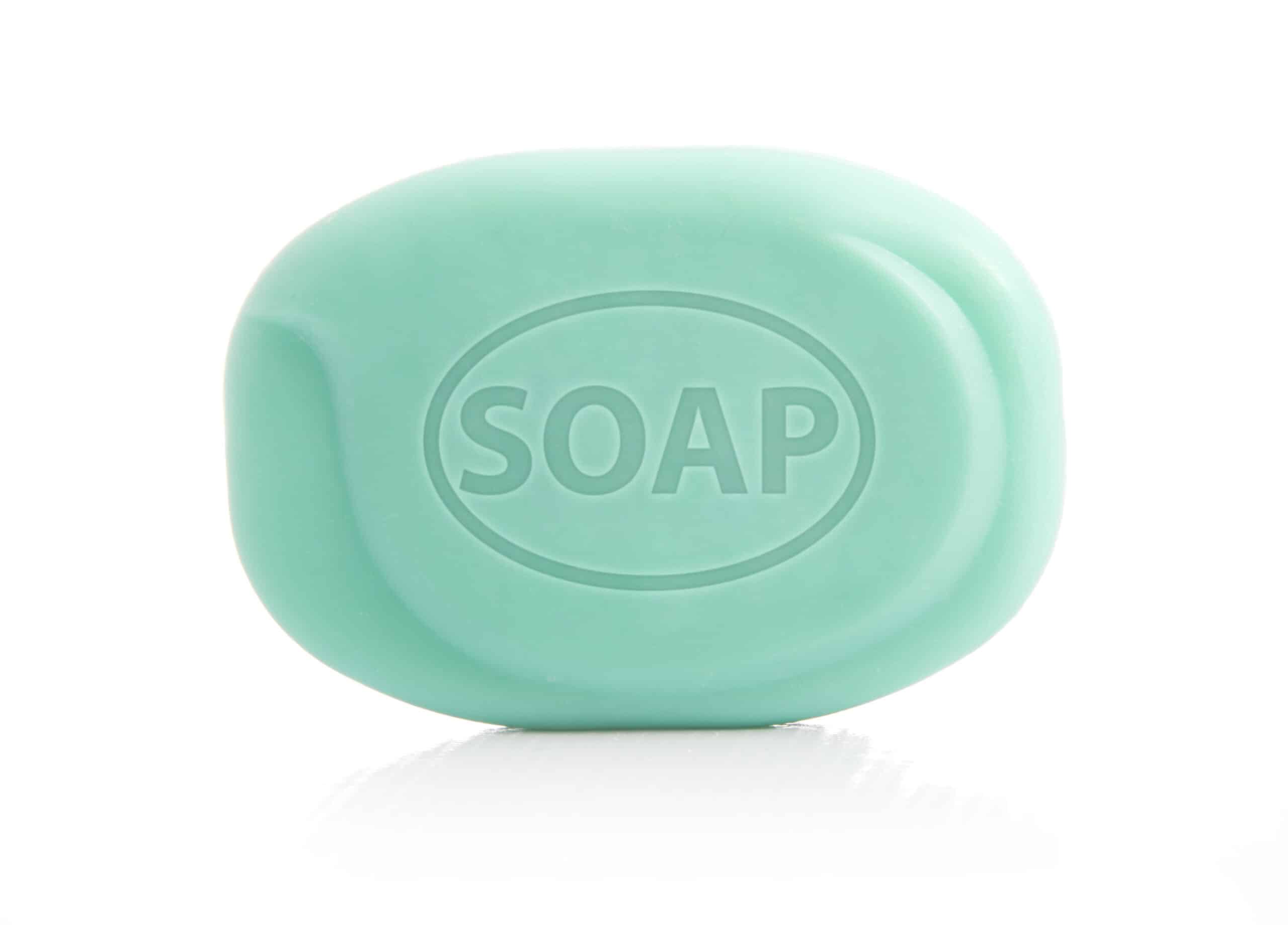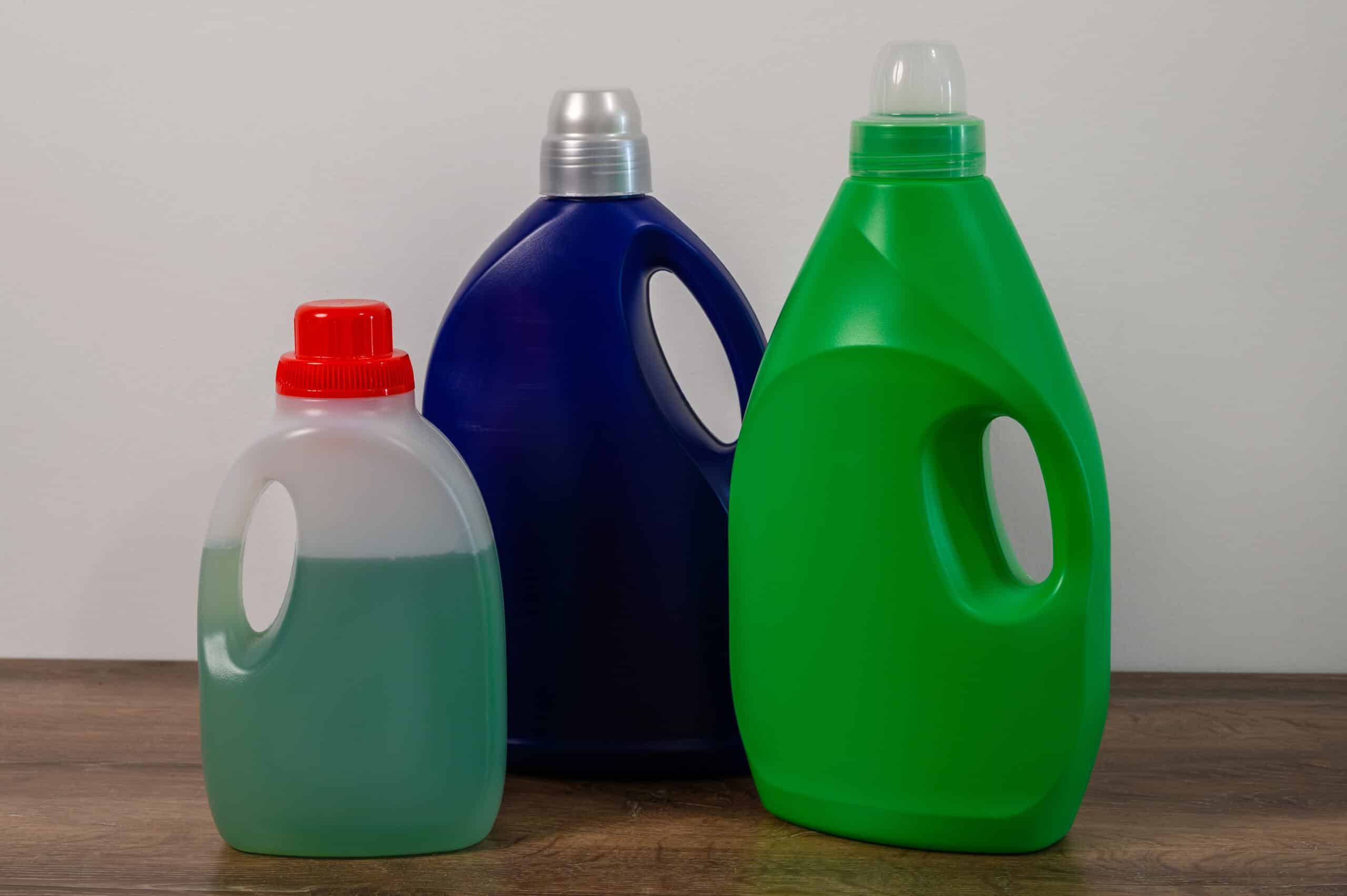When it comes to cleaning products, the choice between soap and detergent might seem simple, but the differences are more significant than most people realize. For eco-conscious consumers, allergy-sensitive households, parents, and homeowners, understanding these differences is key to making the best decision for your family, health, and the environment.
This guide will break down what makes soaps and detergents unique, how they work, and what factors you should consider when choosing the right cleaning agent.
What Is Soap?
Soap is one of the oldest cleaning agents known to humankind, with roots going back thousands of years. It’s made using natural ingredients and a time-proven process.
Definition and Composition
Soap is a cleansing agent created through a process called saponification, which involves combining fats or oils with an alkali substance, like lye. This reaction produces soap molecules that help trap dirt and grime, making them easy to rinse away with water.
Common ingredients in soap include:
- Natural fats or oils, such as coconut oil, olive oil, or palm oil
- An alkali, like sodium hydroxide (lye) for solid soap or potassium hydroxide for liquid soap
Traditional Methods of Soap Production
Historically, soap was handcrafted using natural, eco-friendly ingredients. Even today, many artisan soaps are made this way, which allows for fewer additives and a more sustainable product.
Environmental and Health Impact of Soap
Because soaps are made from biodegradable, natural materials, they break down harmlessly in the environment. However, soaps can have limitations:
- They may produce a residue when used with hard water, which contains high levels of calcium and magnesium.
- Some soaps may include fragrances or additives that could irritate sensitive skin or allergies.
Soap, in its unaltered and natural form, is generally considered an environmentally friendly and skin-safe choice for most individuals.
What Is Detergent?
Unlike soap, detergents are synthetic cleaning agents that have revolutionized the way we tackle dirt, grease, and stains. Their chemistry allows them to perform exceptionally well, even in challenging conditions.
Definition and Key Components
Detergents are manufactured chemical compounds that clean by breaking down oils, dirt, and debris. They are often made with surfactants, substances that reduce water’s surface tension, allowing it to penetrate and clean more effectively.
Typical ingredients in detergents include:
- Surfactants (e.g., anionic, cationic, non-ionic, amphoteric types)
- Builders, like phosphates, to enhance cleaning power
- Optical brighteners for fabric enhancement
- Artificial fragrances and dyes
Types of Detergents
Detergents come in various types, tailored for specific cleaning tasks:
- Anionic Detergents: Common in laundry detergents, these are strong and effective at removing grease.
- Cationic Detergents: These work well as fabric softeners or antimicrobial solutions but are less effective at cleaning.
- Non-Ionic and Amphoteric Detergents: Frequently used in household products for their mildness and compatibility with sensitive surfaces.
Environmental and Health Impact of Detergents
While detergents offer superior cleaning power, they can pose significant environmental and health concerns:
- Non-Biodegradable Components: Many detergents contain phosphates or synthetic surfactants that harm aquatic ecosystems by contributing to water pollution and algae blooms.
- Skin Sensitivities: Harsh chemicals, fragrances, and dyes in detergents can irritate skin, especially for those with allergies or young children.
- Eco-Friendly Variants: Some brands now offer “green” detergents with biodegradable formulas, though these may still include synthetic components.
Do detergents help you tackle heavy-duty cleaning? Absolutely. But their environmental footprint is much larger compared to soap.
Key Differences Between Soap and Detergent
1. Chemical Structure and Cleaning Efficiency
Soap molecules are simple and effective, but they don’t perform as well in hard water. Detergents, with their synthetic formulations, are specifically engineered to work under any conditions, including hard or cold water, making them more versatile.
2. Biodegradability and Environmental Impact
Due to their natural ingredients, soaps biodegrade quickly in the environment. Detergents, however, often leave behind synthetic residues that don’t break down easily, potentially harming aquatic life.
3. Effect on Skin and Allergies
Soap tends to be gentler on sensitive skin, especially when made with natural oils and no artificial additives. Detergents, by contrast, can irritate skin through harsh chemicals and preservatives, though hypoallergenic variants exist.
How to Choose the Right Cleaning Agent
The decision between soap and detergent depends largely on your cleaning needs, values, and concerns. Here are some considerations for different audiences:
For Eco-Conscious Consumers
If sustainability is a top priority, go for traditional soaps or eco-friendly detergents with biodegradable ingredients. Avoid products containing phosphates and synthetic surfactants, which harm the environment.
Recommendation: Try a handmade olive oil soap or an eco-friendly detergent like Seventh Generation Free & Clear.
For Households with Allergies
Choose products labeled as hypoallergenic and free of fragrances or dyes to minimize skin irritation. Natural soaps often work well for sensitive skin.
Recommendation: Look for Castile soap or allergy-friendly detergent brands like Tide Free & Gentle.
For Parents
Parents need safe and gentle cleaning products, especially for washing children’s clothes or toys. Opt for products with transparency in ingredients and certifications like “baby-safe” or “gentle.”
Recommendation: Baby-specific detergents like Dreft or natural soap varieties are excellent options.
For Homeowners
Think about the type of water in your area. If you have hard water, a detergent might work better as it prevents residue buildup. For softer water, soap is a strong eco-friendly choice.
Recommendation: For hard water areas, consider HE detergents, which are effective and minimize waste.
Make an Informed Cleaning Choice
Understanding the differences between soap and detergent—and their impact on your health and the environment—puts the power in your hands. By choosing the right cleaning agent, you can improve your household’s efficiency, protect sensitive skin, and do your part in minimizing environmental harm.
Which will it be for you? Soap for its eco-friendliness and skin-approved gentleness, or detergent for its unmatched versatility? The choice is yours.
If you found this guide helpful, share it with your friends and family so they can make informed choices too. Have questions or personal favorites? Drop a comment below—we’d love to hear from you!
Conclusion
Making thoughtful decisions about the cleaning products you use is more important than ever. Whether you opt for traditional soap or modern detergents, understanding their characteristics empowers you to align your choices with your values and needs. By prioritizing products that are safe, effective, and environmentally conscious, you contribute to a healthier home and a more sustainable planet. Remember, every small step matters, and your choices can inspire others to follow suit. Choose wisely, and make a difference—starting today.

